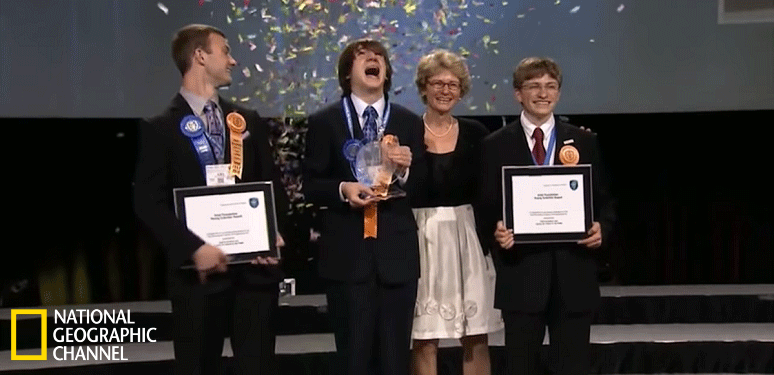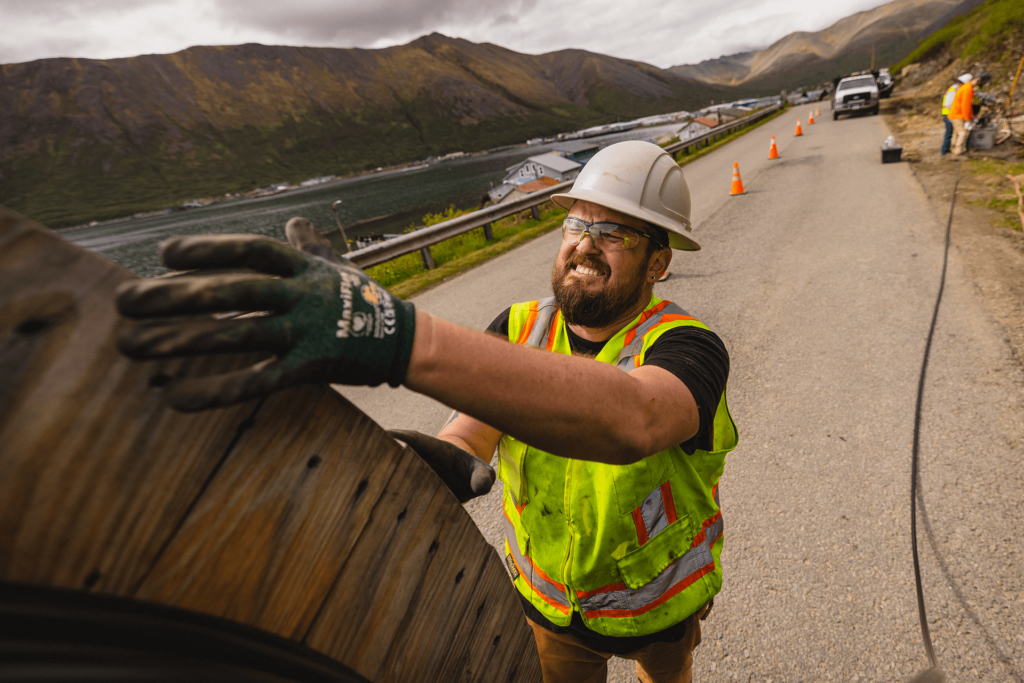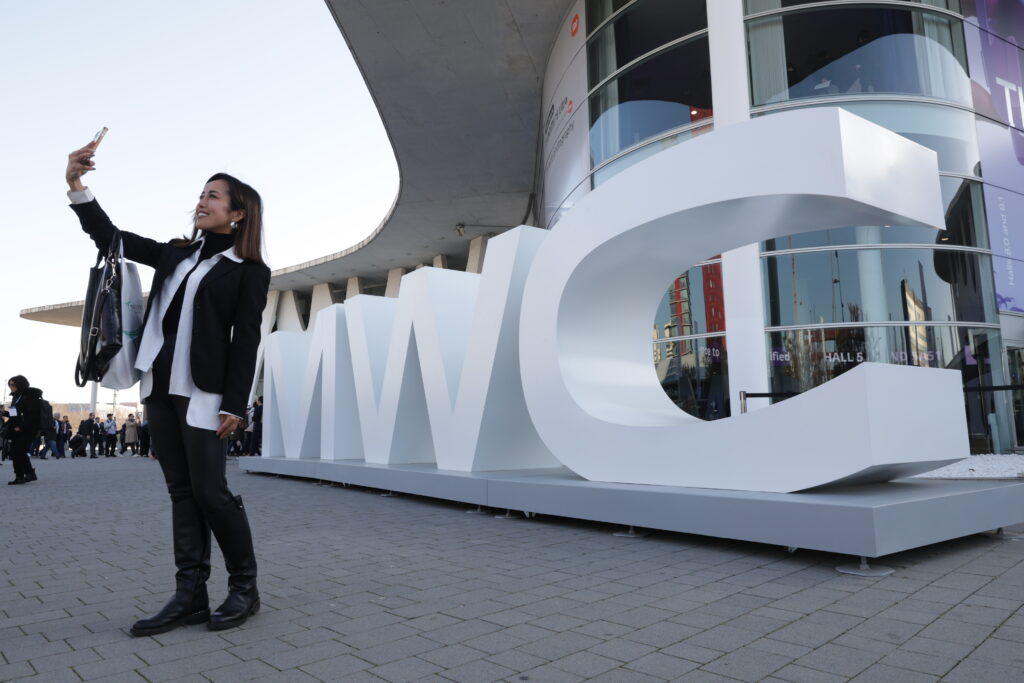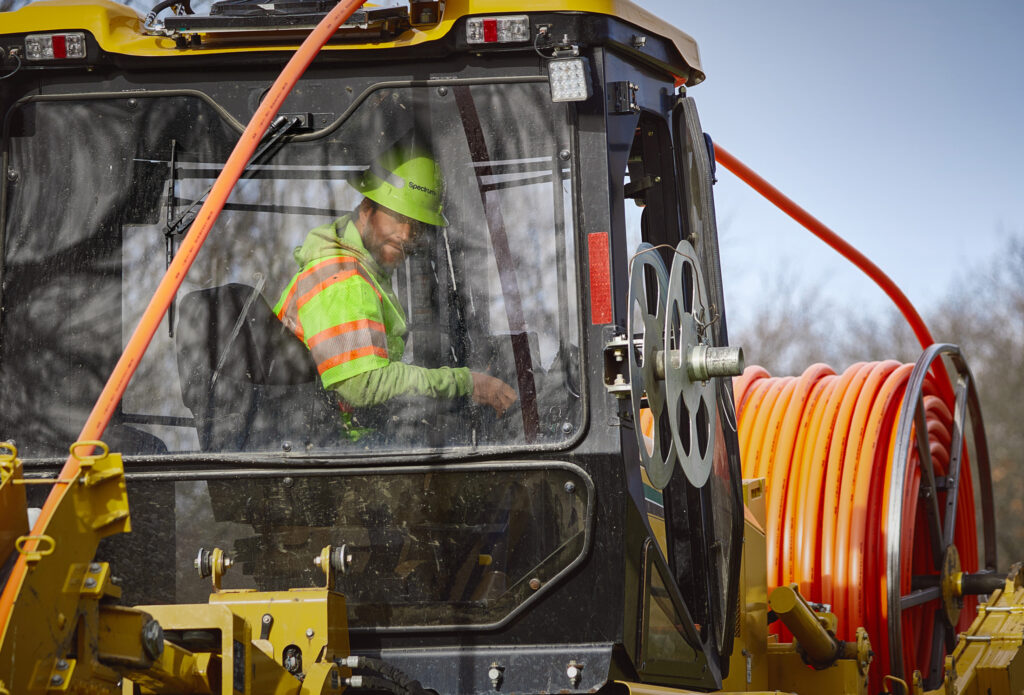Next week, around 1,800 high school students from around the world will gather in Los Angeles to compete at the world-renowned Intel International Science and Engineering Fair (ISEF). It’s quite the achievement for the many teenagers who come from all types of backgrounds to make it to the festival, and for those who will win prizes and scholarships for the innovative projects they present. Student projects turn into patents, and the festival is known to produce future award-winning chemists and Nobel Prize winners. Earlier this year at the Television Critics Association Press Tour, NCTA sat down with the film directors and a few of the student cast members (and a teacher) of Science Fair—the documentary that followed nine students and their lives as they prepared for ISEF. The film snagged awards at Sundance and SXSW last year and was acquired by National Geographic. The film explores the importance of the high school science learning experience from the perspective of these students and their teachers, and the innovative minds of these young adults who aspire to change the world while following their passion and having fun.
In anticipation of the festival, our interviews with the filmmakers and their subjects look at what it means for them to have the documentary gain so much momentum with audiences, and the message they hope both kids and adults relay from the movie beyond just caring about science.
 What has National Geographic done for this film?
What has National Geographic done for this film?
Cristina Costantini (co-film director): They’ve gotten the movie out into tons of schools, to about 5,000 schools around the world, and it’s been in front of teachers and students. We made the movie so that audiences all over the world can watch it and enjoy it, and they’ve gotten the word out. Everyday our Twitter account has different pictures of kids in classrooms and cafeterias and auditoriums rooting for their favorites.
Darren Foster (co-film director): As filmmakers, it’s important to partner with companies that understand that platforms change, and the way people consume content always changes. You have to meet people where they are. One of the wonderful things about working with National Geographic is they’ve done amazing things in rolling this out to the theaters, with their educational outreach, and they’re huge on Instagram and that’s great with the kids. There are so many platforms [to spread the message].
Dr. Serena McCalla (teacher cast member): Teachers [who have seen the film] now contact me about science research asking me, “How can I start a program?” And it’s because of this movie. A lot of new students will now have access to science and science research.
So what comes next after this film?
Darren Foster: Well one of the special things about following students is they are at this point in their lives where the future is wide open to them. We’ve been along for the ride, not only on their Science Fair journey, but beyond. We’re watching them take their first steps towards college. Some of them we’re watching break new ground in AI-generated art. They’re already starting to shape and change the world in many ways, and it’s very exciting for us and we are already discussing what we’re going to do with them in five years when we follow up on their stories, because they’re going to be changing the world in amazing ways.
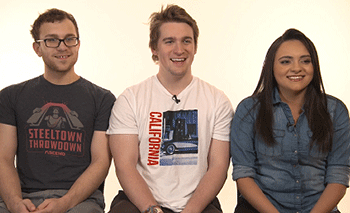 Students: What do you hope audiences take from this movie?
Students: What do you hope audiences take from this movie?
Abraham Riedel-Mishaan: I hope people get the idea that you can start exploring your passion as early as you want. You don’t have to wait until you are halfway through college to discover that xyz is your thing. There are kids like us doing science fairs, doing research that we really care about and enjoy doing. For science fairs at my school, the first two years I just did projects to fulfill the requirements. But by my third year my friend approached me about an idea using neural networks which is a machine learning technology and it changed my view of computer science, I went from seeing it as a cool side thing to viewing it as a really interesting and rich field to get into. The earlier you know what you are passionate about, the earlier you can get into things.
Ryan Folz: I hope they see that we are really enjoying ourselves throughout the whole process. A lot of parents at our school were really strict about not letting their kids go out on the weekends, thinking they have to study, focus on their projects. But for me, I enjoyed going out with my friends. But also there are things that I’m passionate about. You don’t need to have the craziest medical solution, you don’t have to solve cancer. Just work on whatever you want. As long as it makes you happy. In the film I’m having a lot of fun. No one forced me to do it, I didn’t feel obligated to do it for my parents, for society. Just for myself. I hope people pick that up and if they find something interesting to work on, that they enjoy it, and that it’s enough for them.
Myllena Braz de Silva (through a translator): Who would think that a person like me, who comes from one of the poorest cities in Brazil, but who has a big dream, would come this far? I hope viewers see that and that it inspires both children and adults. And that they understand that if you have a dream, you can make it come true, even if you come from one of the most unexpected places in the world.

